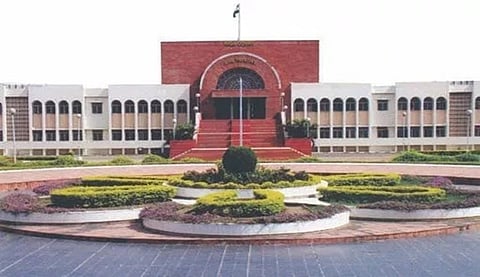High Court Permits Abortion at 26 Weeks: A Landmark Ruling in a Sensitive Case
In a significant and sensitive decision, the Aurangabad Bench of the Bombay High Court has granted permission for the abortion of a 26-week-old fetus, offering critical relief to a woman suffering from severe mental trauma following her husband's untimely death. The Court's judgment underscores the importance of mental health in medical decisions related to pregnancy and sets a notable precedent for future cases.
The woman, married in 2021, was pregnant with her second child when tragedy struck. Her husband died in a sudden accident in March 2025, leaving her mentally devastated. At the time of his death, she was 26 weeks into her pregnancy. Struggling to cope with the loss, she began to experience acute emotional and physical distress—refusing food and water—which led to a significant deterioration in her health and posed a serious threat to the fetus.
According to Indian law, abortions are legally permitted only up to 24 weeks of pregnancy. Beyond this period, special court permission is required under exceptional circumstances. Aware of the risk to his client, Advocate Vikram Undere filed a petition before the High Court, seeking permission for abortion in light of the woman’s mental and physical condition.
The Court directed the case to a medical expert committee at Ghati Hospital for evaluation. The committee's findings revealed that continuing the pregnancy would pose a serious risk to the woman’s life, and they recommended an immediate abortion on medical grounds.
Taking the expert advice into account, a division bench comprising Justice Mangesh Patil and Justice Prafulla Khubalkar approved the abortion. The procedure was successfully conducted on April 13, 2025, following all necessary medical protocols. The woman’s health is now reported to be stable.
This ruling marks a pivotal moment in Indian legal and medical history, particularly for its consideration of mental health as a valid ground for abortion beyond the statutory limit. It could serve as a guiding precedent for future cases involving similar humanitarian and medical concerns.

